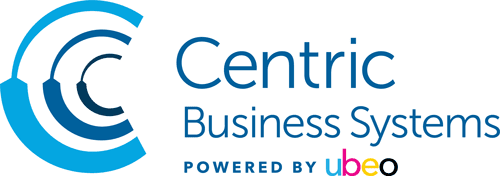Operational Business Process Automation
Certain business processes, such as accounts payable management, accounts receivable processing and HR management, are critical to keep an operation running and are used across industries within large, medium, and small firms. What is common across these processes is that many still use time-consuming paper-based forms and involve manual steps that are prone to errors. Using technology to automate these processes and optimize workflows brings productivity, accuracy and bottom-line benefits to organizations.
The basic steps of these operational processes involve:
- Capturing the data or information required by the process.
- This data resides in paper documents, digital files, emails, etc.
- Extracting the required information to move the process along.
- This is information such as names, addresses, invoice amounts, PO numbers, or hire dates. This data needs to be extracted in a timely and accurate manner to successfully move the process along.
- Validating that the information extracted conforms to what is expected.
- Checking that the correct information was obtained there are no errors and that the correct parties who need to provide approvals are properly informed.
- Acting on the information to get to the desired outcome.
- This is the primary reason for the process, e.g., to onboard a new employee, to collect an account receivable or to pay a supplier.
To get started in process automation, the first step is to map the flow of information into and out of the process, and identify who sends, receives, stores, modifies and acts upon the information. This step helps a firm quickly locate bottlenecks, areas of inefficient waiting time, duplication of efforts, and gaps in areas of security and compliance. A professional solutions provider can help in this mapping and then in determining the type of technologies and services that can be used to redesign and automate the workflows in the process.
There is a wide array of digital technology solutions and services that can help digitize and automate these processes. These include:
- Scanners and multifunctional devices (MFDs) that intelligently capture and digitize information from paper documents.
- Software solutions that capture, store, manage and automate the flow of digitized information as it enters the process (paper, email, PDF, audio, video, CAD, etc.)
- Cloud solutions for ubiquitous and secure availability of the organizations information.
- Process analytics that offers an overview of a process’ workflows so an organization can make continuous efficiency improvements.
- Professional services experts who assist in workstream mapping, security and compliance audits, solution implementation and continuous improvement.
A professional solutions provider, such as Centric Business Systems, will be able to provide or have access to all these technologies and services, and be able to customize solutions for firms and institutions based upon their unique needs and goals.
Some of the benefits of automating workflows in operational processes like Accounts Payable, Accounts Receivable, and HR include:
Accounts Payable
- Higher productivity
- Automating and digitizing manual steps such as classifying AR invoices, indexing, matching P.O.s and entering the information into ERP systems removes errors that can cause time-consuming delays.
- Increased profitability
- Digitizing workflows speeds up approvals and payments of AR invoices to take advantage of more early-pay discounts that can go directly to the bottom line.
Accounts Receivable
- Improved profitability through better collections management
- Automating collections management reduces errors and therefore delays in sending invoices to clients, tracks late payments and can reduce Days Sales Outstanding, bringing cash in faster.
- Increased customer satisfaction
- Reduced errors mean fewer customer calls and dissatisfaction about incorrect invoice totals, and unnecessary collection calls.
HR
- Improved candidate interview tracking, offer processing and first-day experience
- Automating interviewing to onboarding means fewer lost candidates because of delayed offer approvals, better compliance because all documentation is ready for a new hire on day one, and higher confidence and loyalty of new employees because the firm was ready for them when they arrived on their first day.
A research study conducted by AIIM International recently found that 75% of respondents said that process automation is a “must-do.” Modernizing their information management is on the radar for 82% of respondents. Which core business processes are you identifying as the most likely candidates for automation? Centric Business Systems can help you on that journey.
